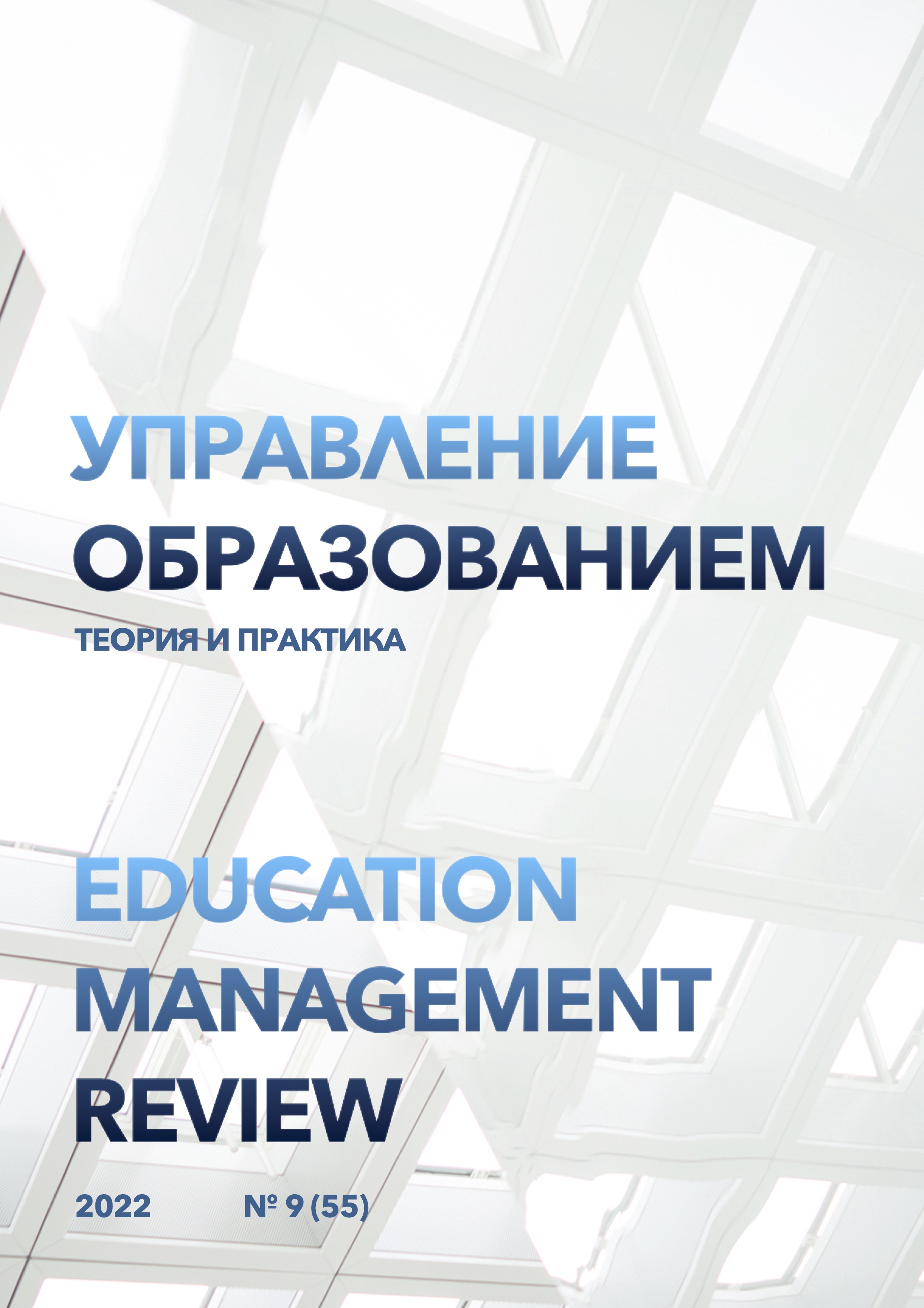The quality of education in the context of modern transformations of higher education
DOI:
https://doi.org/10.25726/k1029-9338-0531-pKeywords:
higher education, quality assurance, research, educational processAbstract
The strategic objective of education is to bring it to international standards. To implement a certain strategy, the priority task is to ensure high-quality education at all its stages and levels, to assess its effectiveness and quality management. The level and importance of the quality of higher education, taking into account the needs of both the economy and individual citizens and society as a whole, as well as the development of institutional mechanisms that ensure the quality of higher education, is a priority in the system of national educational policy. In connection with the process of globalization and the changes that are taking place in the field of higher education, the issue of ensuring the quality of higher education is of particular relevance and requires consideration in the context of definitions of modernity as a fluid integral complexity in a situation of global transformations. The quality of education is considered in two aspects: external (the quality of the result of the educational process) and internal (characteristics of the quality assurance system). The quality of the result of the educational process reflects the compliance of the level of training of graduates with the requirements of standards. The quality assurance system consists of the content of education, the level of training of students, teaching staff, educational, methodological and logistical support, the use of educational technologies.
References
Короткова Т.Л. Мастер-класс «Место проект-менеджера в цифровой экономике» // Экономические и социально-гуманитарные исследования. 2018. № 1 (17). С. 19-26.
Лапшин В.А. Структурные компоненты человеческого капитала // Знание. Понимание. Умение. 2013. № 1. С. 259-263.
Лобашев В.Д., Антонова Р. Ф. Структурные элементы технологий профессионального обучения. Петрозаводск: Изд-во ПетрГУ, 2019. 58 с.
Лобашев В.Д., Лобашев И.В. Функции и процедуры процессов познания в профессиональном образовании. Петрозаводск: Изд во ПетрГУ, 2018. 120 с.
Маркова С.М. Ретроспективный анализ развития профессионального образования в России // Вестник Мининского университета. 2019. Т. 7. № 3 (28). С. 3.
Ковалевич В.Т., Ковалевич И.А., Машанов А.А. Основные аспекты исследования человеческого капитала в системе образования // Вестник Красноярского государственного аграрного университета. 2014. № 6. С. 315-320.
Панюкова С.В., Гостин А.М., Авилкина С.В. Управление человеческим капиталом в условиях информационного общества // Статистика и Экономика. 2014. № 1. С. 183-186.
Пришляк Е.А., Радько С.Г. Исследование факторов, влияющих на формирование человеческого капитала в Российской Федерации // Управленческие науки. 2018. № 8 (2). С. 94-105.
Талых А.А., Лобашев В.Д. Базовые методологические подходы к процессу непрерывного этно-культурно-технологического образования // Современное технологическое образование: материалы XXIV Международной научно-практической конференции. М.: МПГУ, 2018. С. 62-74.




